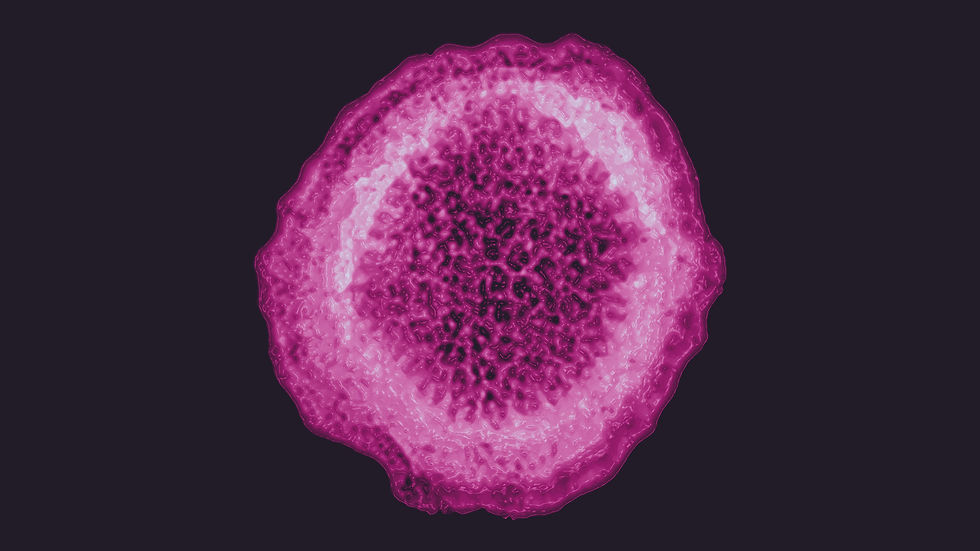- Oct 24, 2023
- 2 min read

Hepatitis C is caused by a virus that can permanently damage the liver, leading to cirrhosis, liver failure and liver cancer. It is passed from one person to another through blood.
Most people who have hepatitis C do not show symptoms, but it can still cause harm if left untreated. The most common reasons people have hepatitis C is because they received a blood transfusion before 1992, or because they have shared drug-use equipment. If you have ever injected drugs, even once, you should get tested for hepatitis C as soon as possible. Hepatitis C can be cured.
To connect with other people searching for help, check out the Hep Free NYC network of patients and providers.
Free and Low-cost Testing and Treatment
These locations offer free and low-cost hepatitis C testing and treatment, as well as patient navigators who can provide support for you throughout the process.
The Hepatitis C Patient Assistance Program ensures all hepatitis C-infected New York State residents have access to certain medical services. The program serves uninsured New Yorkers who meet eligibility criteria. It covers services related to the initial hepatitis C medical and treatment evaluation, as well as treatment monitoring.
For more locations in the city offering hepatitis C testing and treatment, search the NYC Health Map.
Hepatitis C
La hepatitis C es causada por un virus que puede dañar permanentemente el hígado y provocar cirrosis , insuficiencia hepática y cáncer de hígado. Se transmite de una persona a otra a través de la sangre.
La mayoría de las personas que tienen hepatitis C no muestran síntomas, pero aun así puede causar daño si no se trata. Las razones más comunes por las que las personas tienen hepatitis C es porque recibieron una transfusión de sangre antes de 1992 o porque compartieron equipos para el uso de drogas. Si alguna vez te has inyectado drogas (aunque sea una sola vez) debes hacerte la prueba de la hepatitis C lo antes posible. La hepatitis C se puede curar.
Para conectarte con otras personas que buscan ayuda, consulta la red de pacientes y proveedores de Hep Free NYC .
Pruebas y tratamientos gratuitos y de bajo costo
Estos lugares ofrecen pruebas y tratamientos gratuitos y de bajo costo para la hepatitis C, así como orientadores de pacientes que pueden brindarte apoyo durante todo el proceso.
El Programa de asistencia para pacientes con hepatitis C garantiza que todos los residentes del estado de Nueva York infectados con hepatitis C, tengan acceso a ciertos servicios médicos. El programa atiende a neoyorquinos sin seguro que cumplen con los criterios de elegibilidad. Cubre los servicios relacionados con la evaluación médica y del tratamiento inicial de la hepatitis C, así como el seguimiento del tratamiento.
Para conocer más ubicaciones en la ciudad que ofrecen pruebas y tratamiento para la hepatitis C, busca en el Mapa de Salud de la Ciudad de Nueva York .
%20(400%20%C3%97%20100%20px)%20(200%20%C3%97%20100%20px)%20(200%20%C3%97%2075%20px)%20(200%20%C3%97%2050%20px)%20(150%20%C3%97%205.png)



